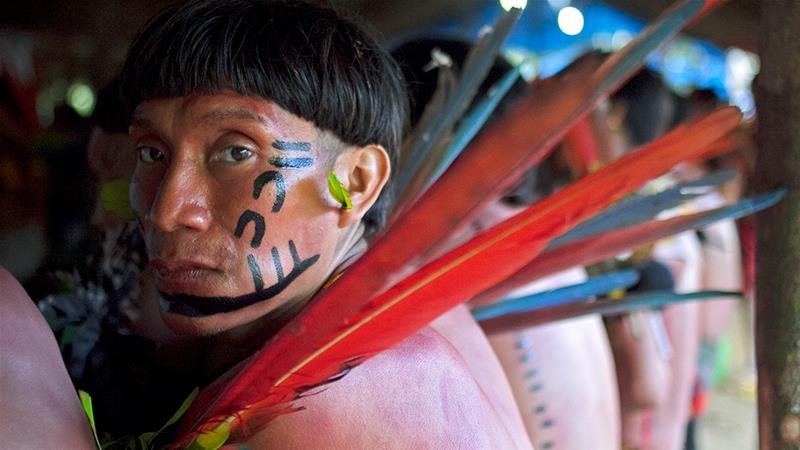BRASILIA, (Reuters) – A Yanomami youth has died after testing positive for coronavirus, health officials said today, raising fears that the epidemic will spread among the largest indigenous tribe in northern Brazil.
Alvanei Xirixan, 15, died on Thursday night in intensive care in the main hospital of Boa Vista, capital of Roraima state, according to the local indigenous health service Dsei attached to the Ministry of Health.
Anthropologists and health experts warn that coronavirus could have a devastating impact on Brazil’s 850,000 indigenous people who are vulnerable to external diseases and whose lifestyle in tribal villages rules out social distancing.
More than 26,000 Yanomami live on Brazil’s border with Venezuela on a reservation the size of Portugal. Their lands have been invaded for years by thousands of illegal gold miners who brought measles and other illnesses fatal to the tribe.
Xirixan was from the village of Rehebe on the Uraricoera river, an access route for the gold rush miners, and had been in hospital for a week, Dsei said on social media.
It said villagers with coronavirus symptoms were being isolated and test kits were rushed to the reservation.
The Yanomami youth was the third indigenous person to die in the epidemic now sweeping Brazil with force. Two previous deaths were of indigenous people who were living in urban areas, including an 87-year-ol woman in Para state and man in Manaus.
Four members of the Kokama tribe on the upper reaches of the Amazon river close to Colombia and Peru have been infected after a doctor who worked with them tested positive for coronavirus.
Brazil’s Health Minister Luiz Henrique Mandetta reported the first case of coronavirus infection among the Yanomami people on Wednesday and said the government plans to build a field hospital for tribes that are vulnerable to contagion.
“We are extremely concerned about the indigenous communities,” he said.
Brazil is facing a surge in coronavirus cases, with 17,857 reported on Thursday, and the number of deaths doubled in five days to 941, the ministry said.

